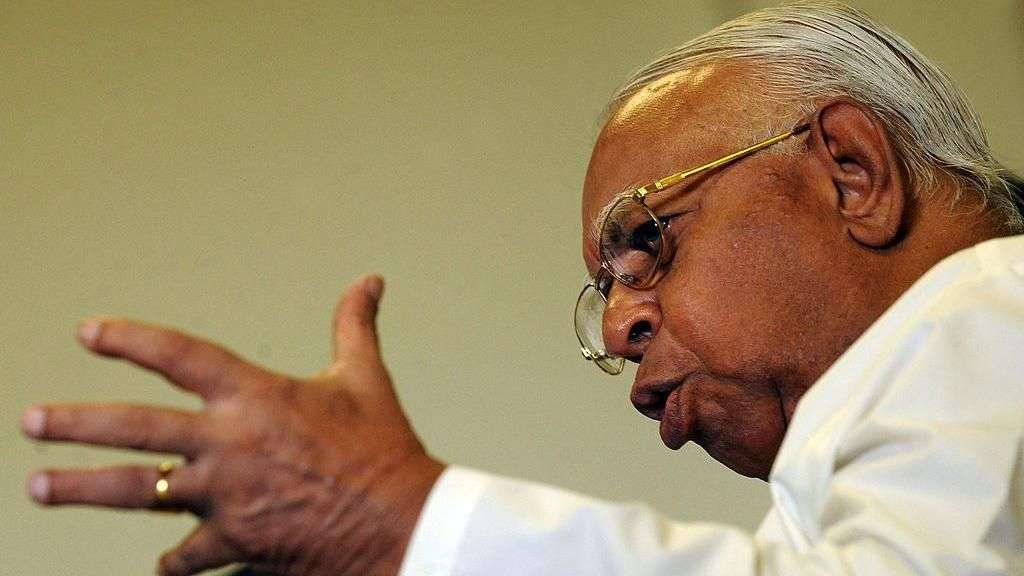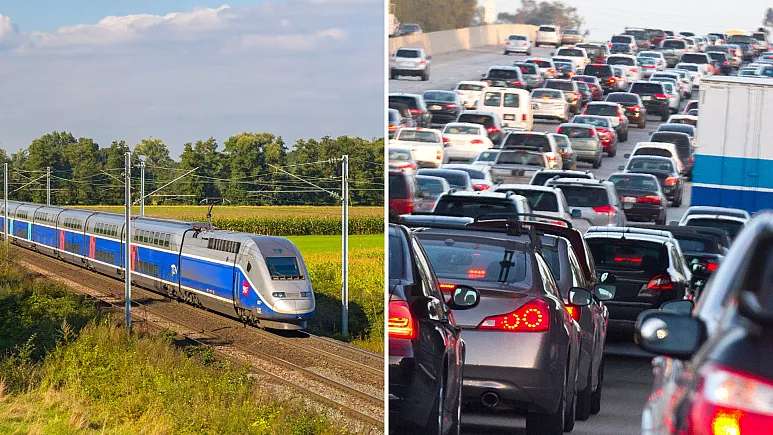The Republic of Ireland’s economic growth is showing signs of moderating after a period of "spectacular expansion" the country’s largest business organisation has said.
Irish Business and Employers Confederation (IBEC) has also warned that lack of delivery on infrastructure projects and underinvestment in higher education, is "materially impacting" Ireland’s reputation as a place to do business.
In its quarterly economic outlook IBEC is urging the finance minister to focus on those issues in October’s budget.
It will be the last budget before the Irish general election which could take place later this year.
Ireland’s economy recovered strongly from the pandemic and in 2023 the domestic grew by 5% according to official figures.
The employment rate reached an all time high of 74.4% in the second quarter of this year.
IBEC says it expects that positive momentum to continue in the short term but that "the forward view for the Irish economic model is more challenging".
It cites the rise of global trade tensions and greater competition for foreign investment as a challenge to growth potential, exacerbated by a poor record on infrastructure delivery.
'Strategic priorities need addressing'
Earlier this week, the former chief executive of the country’s inward investment agency, Martin Shanahan, repeated a warning that global companies are "frustrated with the slow response in addressing infrastructure shortfalls in areas like housing, energy, water and transport".
IBEC's chief economist, Gerard Brady, said that "unlike in the past" there is the chance to tackle these issues, given the government is running a budget surplus.
"Budget 2025 should prioritise global competitiveness by enhancing investment offerings, fostering innovation, and investing in critical skills and infrastructure to drive our economy forward.
"This can only be achieved by addressing strategic priorities rather than diluting resources with widespread handouts," he added.








